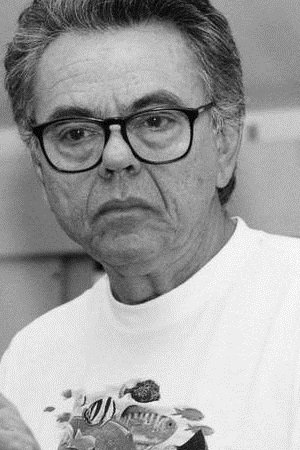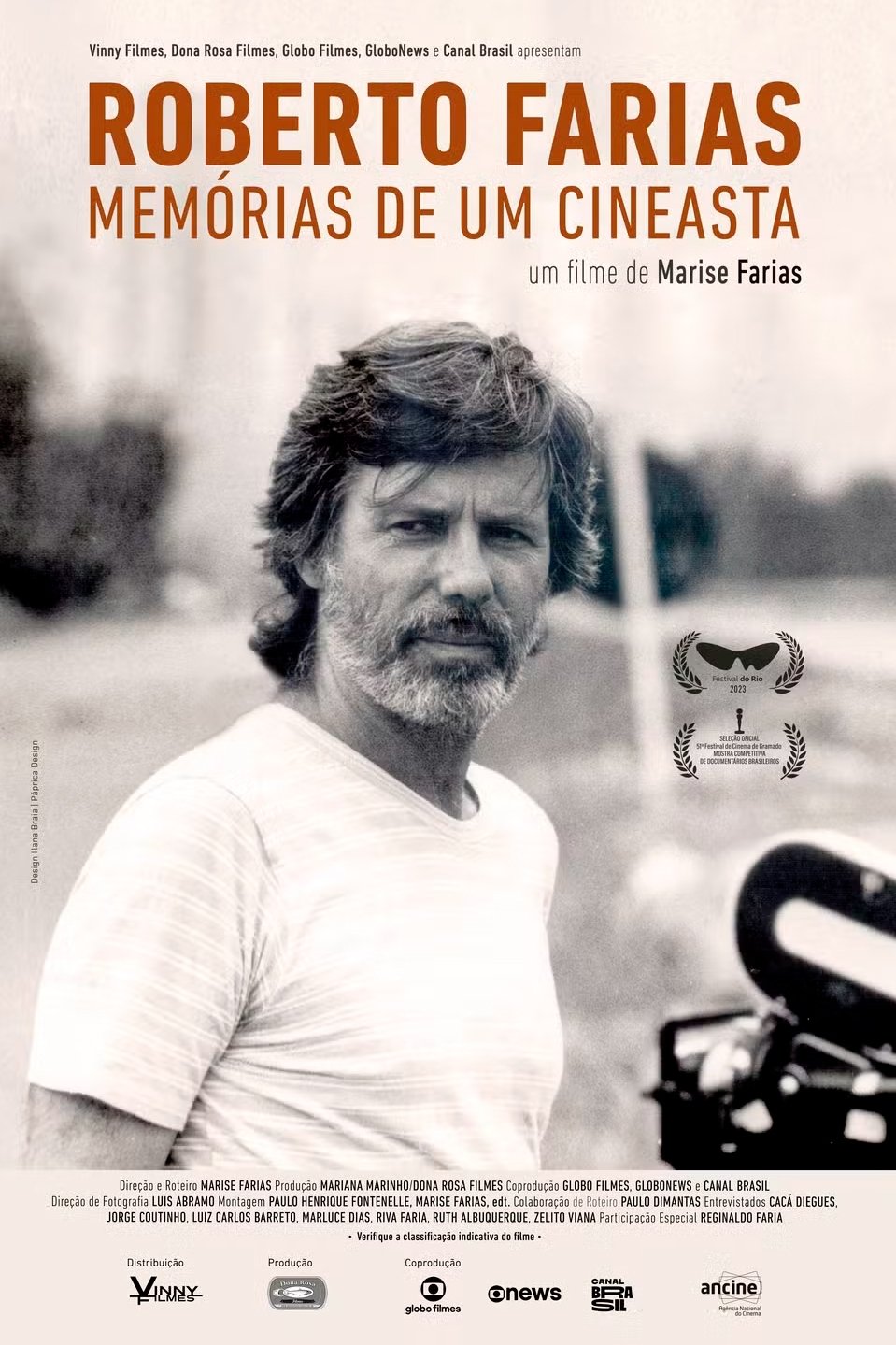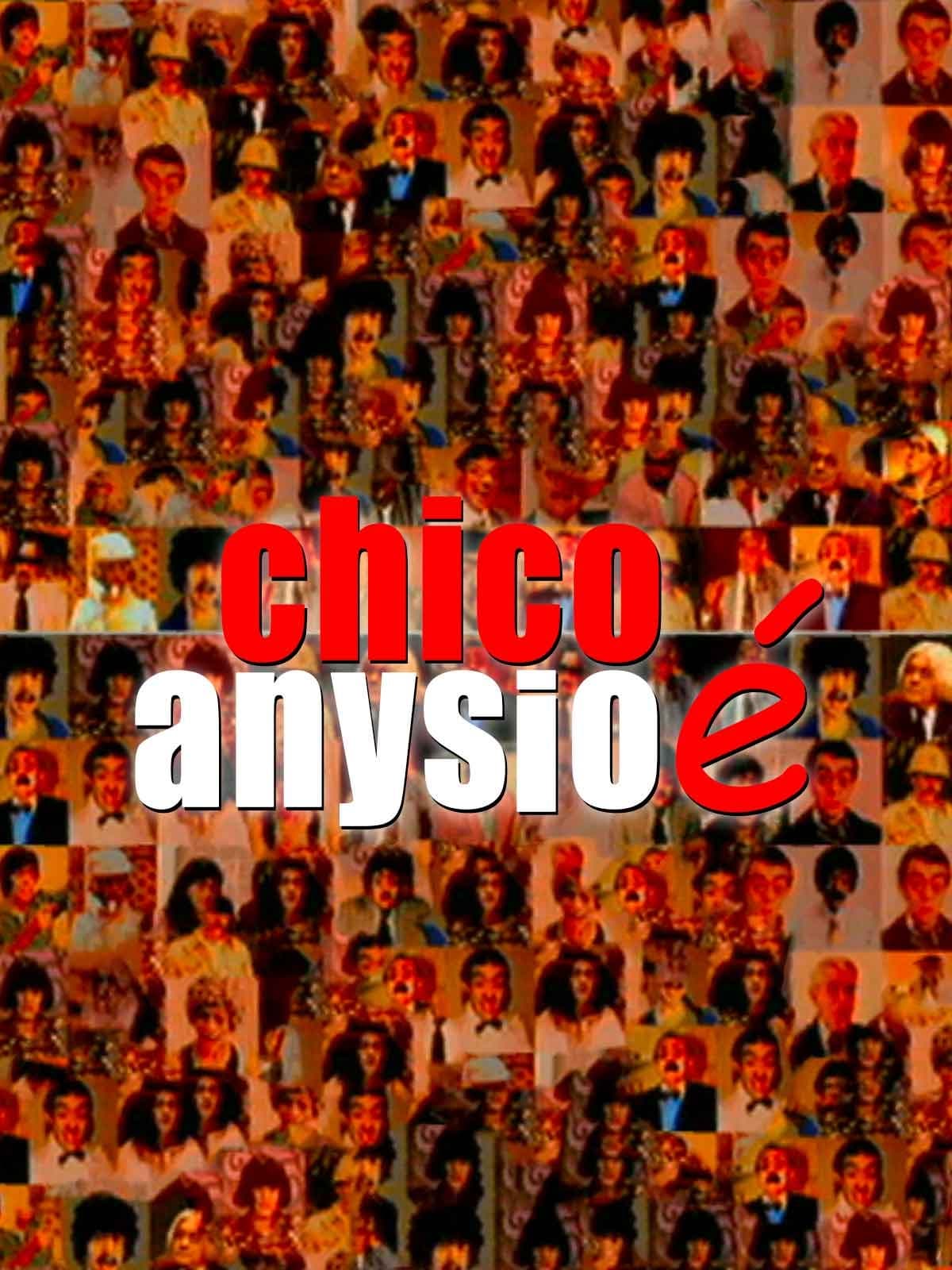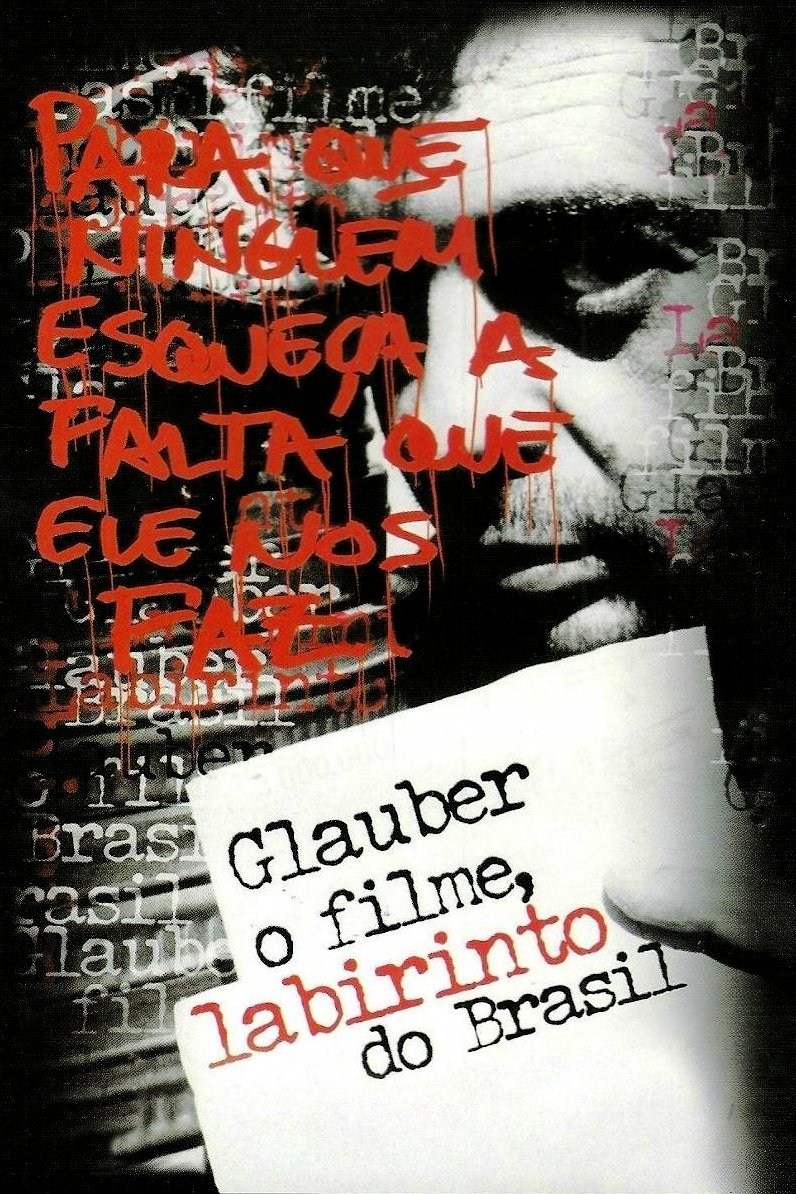

José Viana de Oliveira Paula (Fortaleza, May 5, 1938), better known as Zelito Viana, is a Brazilian filmmaker.

Filmmaker Roberto Farias' passion for cinema is revealed by his...


Documentary about Brazilian filmmaker Glauber Rocha, one of the most...
